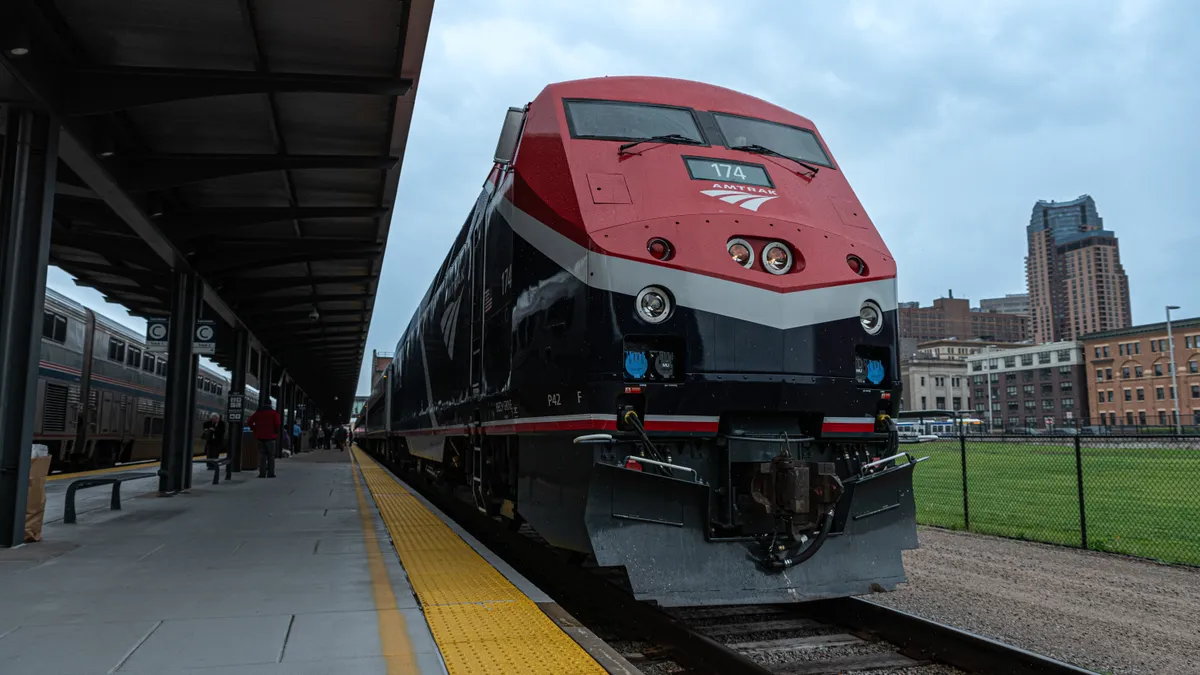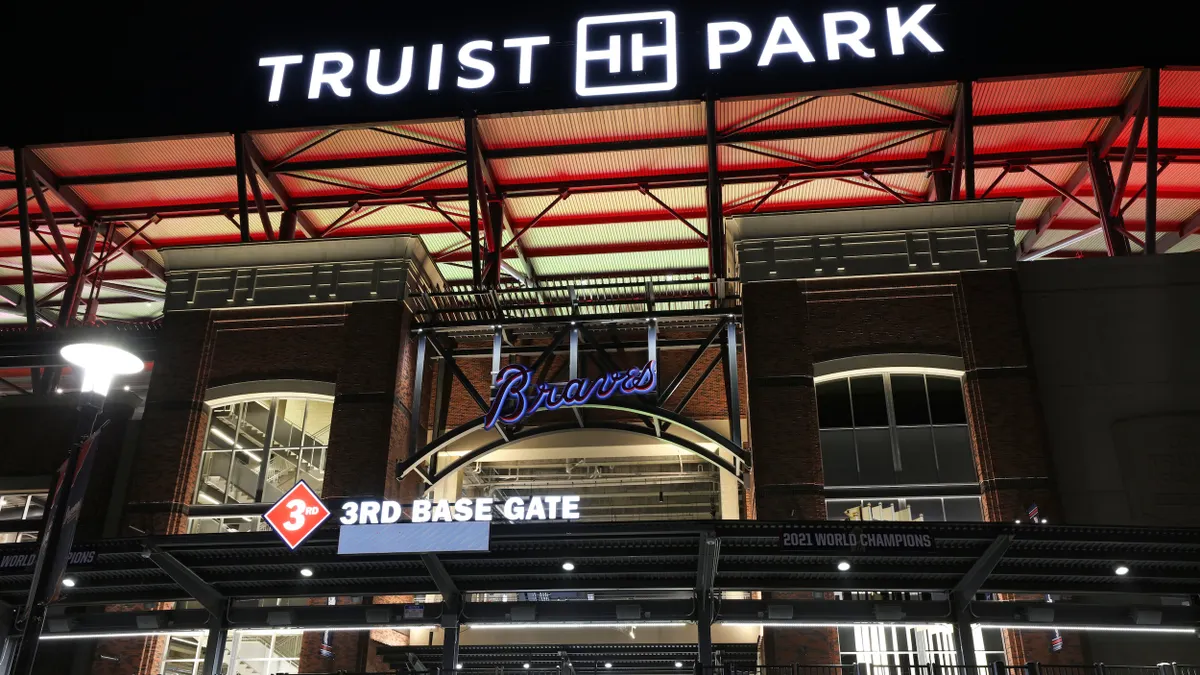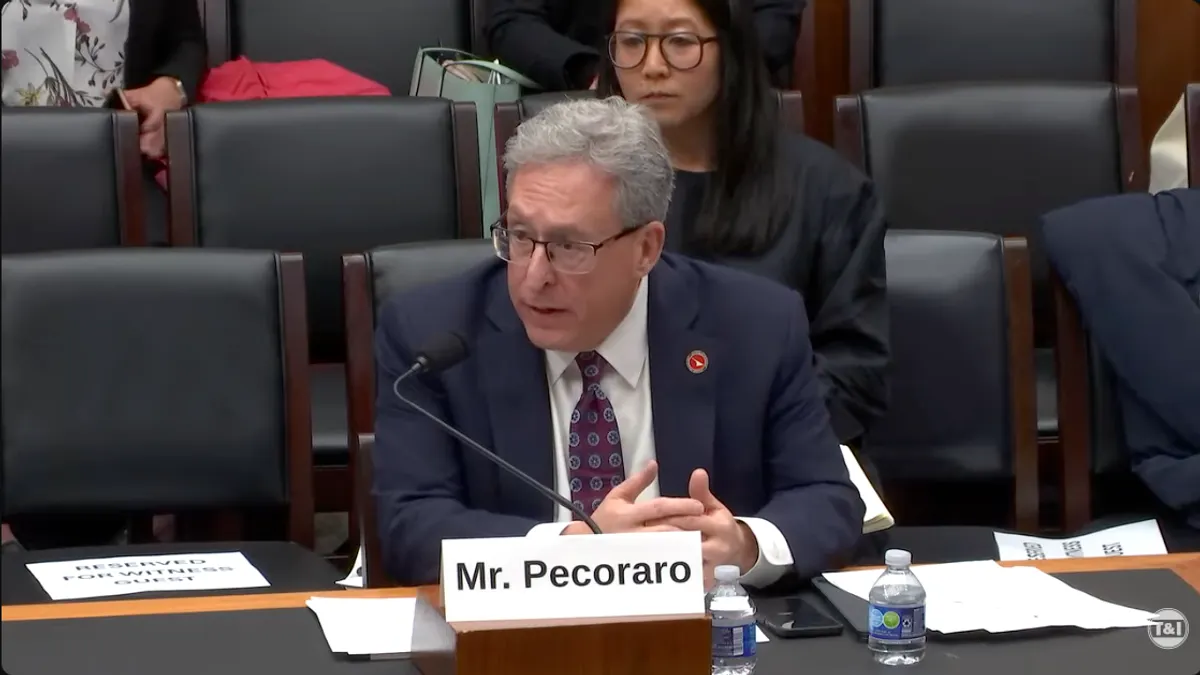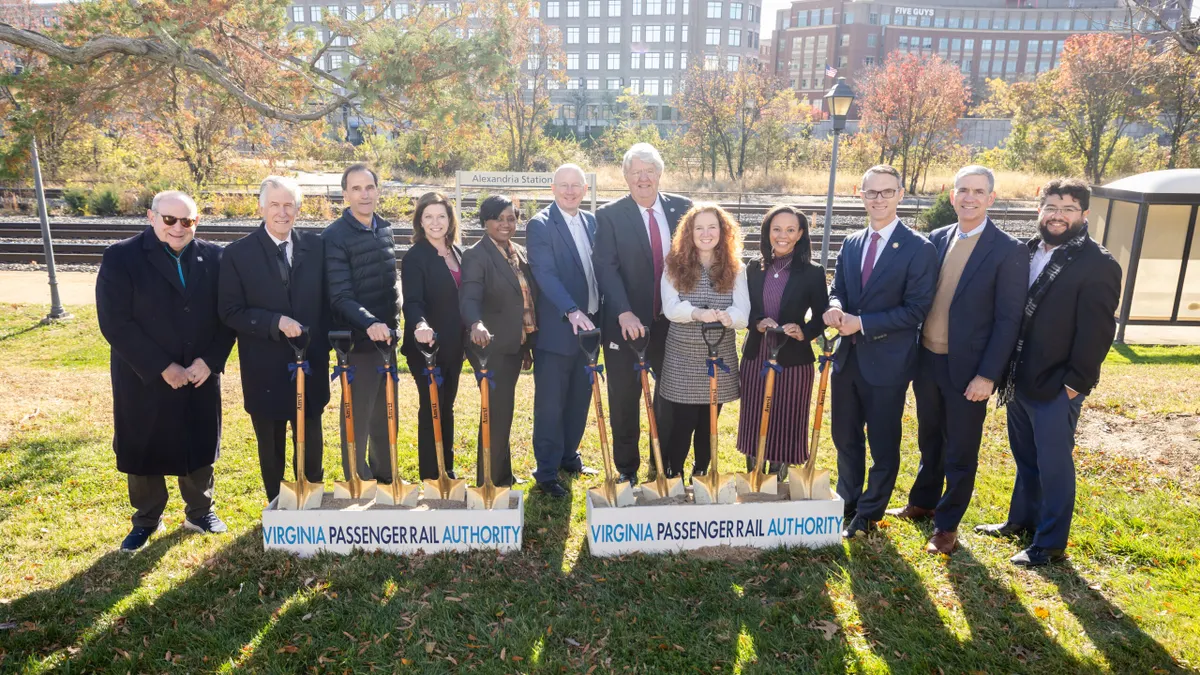Amid a slew of ballot initiatives voted on during the 2018 midterm elections, voters in San Francisco approved a measure to tax large businesses to pay for homelessness services.
The San Francisco Chronicle reported the contentious Proposition C, also known as the "Our City, Our Home" initiative, earned 60% of the vote with almost all ballots counted. The measure asked voters to approve an average half-percent tax increase on all companies' revenue that exceeds $50 million annually, which mirrors a similar tax that was imposed (and later repealed) in Seattle earlier this year.
It will raise an estimated $300 million a year for homeless housing and services, which is nearly double what the city currently spends, however is critical considering the city's increasing housing affordability that is blamed in-part to big business.
Though the Chronicle notes the majority is not big enough to avoid possible legal challenges. Some believe that ballot measures that do not gain a two-thirds majority cannot be enacted, as such an action would be a violation of state law.
And while some technology companies have expressed concern about the impact of higher taxes, at least one tech leader came out in support of Prop C. Salesforce CEO Marc Benioff was a strong supporter of passage, and said he will continue to fight for the law, even in the face of any opposition.
Prop C’s victory means the homeless will have a home & the help they truly need! Let the city come together in Love for those who need it most! There is no finish line when it come to helping the homeless. Thank you amazing supporters of Prop C! pic.twitter.com/0JOXCua1m1
— Marc Benioff (@Benioff) November 7, 2018
On a busy election night nationwide, here are some other notable results for smart city leaders to pay attention to.
California Proposition 6: Voter Approval for Future Gas and Vehicle Taxes and 2017 Tax Repeal Initiative
California voters rejected a constitutional amendment that would have repealed gas tax increases and vehicle fees by a 55%-44% margin. The proposal would have required voter approval to impose or increase gas taxes and vehicle fees in the future.
Had it passed, city leaders were concerned it would have starved the state and localities of money to carry out road repairs and other major transportation projects, including rail service to Los Angeles International Airport.
"People want government to fix things and get things done. Prop 6 would have stopped projects that affect people’s everyday lives," Los Angeles Mayor Eric Garcetti said in a statement to Curbed.
Washington Initiative 1631: Carbon Emissions Fee Measure
Washington state voters appear to have soundly rejected a ballot initiative that would have put in place a carbon emissions fee of $15 per metric ton of carbon starting on Jan. 1, 2020; increase the fee by $2 each year until the state reaches its greenhouse gas reduction goals; and use revenue from the fee to fund environmental programs and projects.
With more than 60% of precincts reporting, the measure was rejected by just over 56%, albeit with many more votes to be counted as the state uses a vote-by-mail process.
The Seattle Times notes the initiative received national attention due to President Trump’s administration rolling back its efforts to fight climate change. The oil industry donated most of the $31 million raised by the No on 1631 campaign, while proponents had high-profile endorsements from elected officials and Microsoft founder Bill Gates, among others.
In a statement to the Times, No on 1631 spokeswoman Dana Bieber called the election results a "clear victory for working families, consumers, small businesses and family farmers across our state” against what she called a “costly, unfair and ineffective energy tax."
Denver Initiated Ordinance 301: Mental Health, Substance Abuse, and Homelessness Services Sales Tax
Voters in Denver resoundingly approved a ballot measure to raise the local sales tax to fund mental health services, suicide prevention, substance abuse services, and recovery facilities and programs.
More than 67% of ballots were cast in favor of the initiative, which the Denver Post reports would raise $45 million a year for the various services.
The initiative text says one of its aims is to reduce the use of jails and emergency rooms and instead provide facilities including housing, training for first responders and improved recovery programs.
Arizona and Nevada Renewable Energy Standards Initiatives
It was a mixed night for two ballot initiatives in Arizona and Nevada that would have required the use of renewable energy, as the former appears to have been soundly rejected but the latter passed.
Arizona’s Proposition 127 would have required nongovernmental electric utilities to acquire a certain percentage of energy from renewable sources each year, increasing to 50% by 2030. Since it did not pass, the state's existing renewable energy standards of 15% by 2025 will remain. With a little under a quarter of precincts reporting, almost 70% of voters rejected the plan.
In Nevada, electric utilities will be required under Question 6 to use incrementally larger percentages of renewable sources for energy, reaching 50% by 2030. With more than 80% of precincts reporting, voters approved the measure with just over 58% of the vote.




















